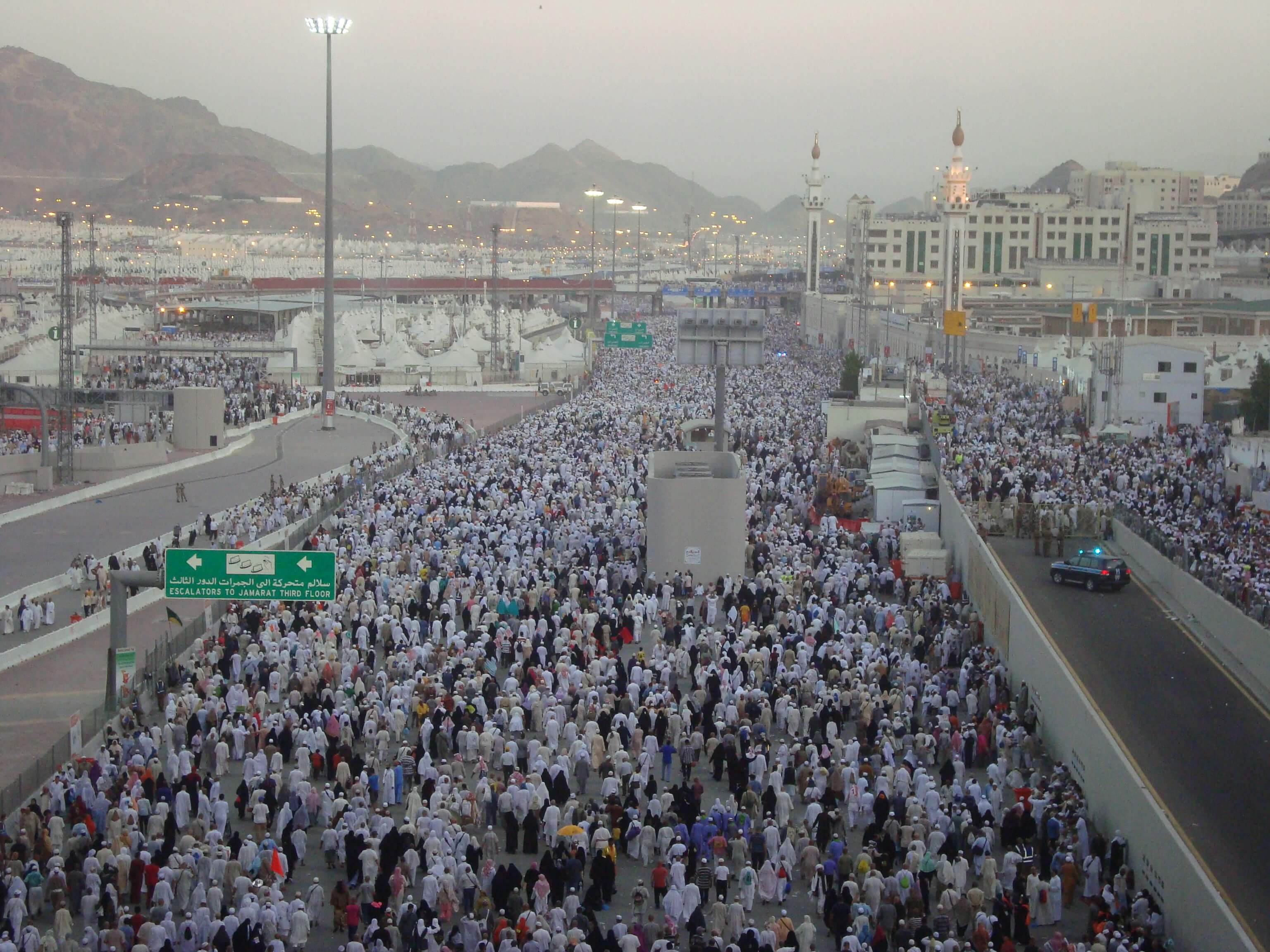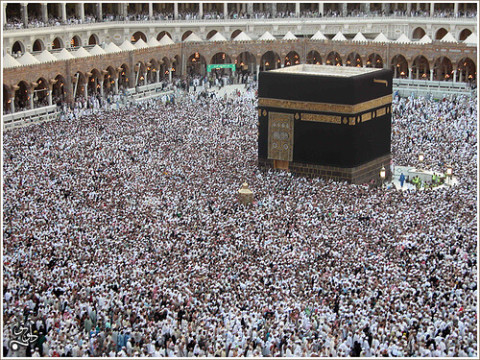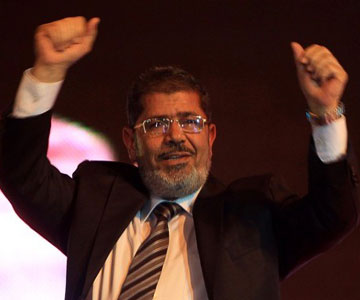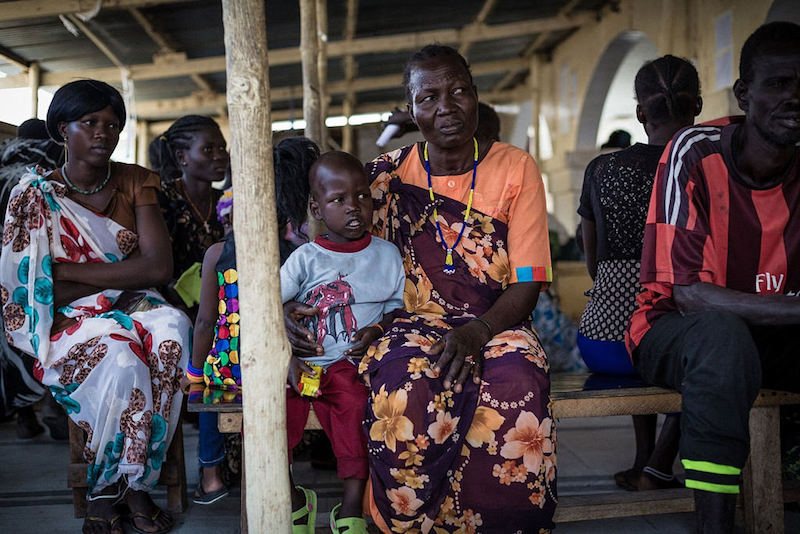Saudi Arabia is home to the Hajj – a yearly gathering of Muslims considered to be a demonstration of unity, solidarity and submission to God. The name Hajj refers to a Muslim gathering at Mecca in Saudi Arabia and is one of the five pillars of Islam. It is mandatory to attend the Hajj at least once in a lifetime for all financially and physically capable adult males. The ceremony occurs during the last month of Dhu Al-Hijja, the last month of the Islamic year.
The Quran states that the Hajj – “is a duty unto God for mankind, for him who can find the way thither” (3:97), and that its rites were originally established by Muhammad. The hajj was one of the last public acts of worship performed by Muhammad before his death. Muslim tradition attributes it back to Adam and Abraham, who were allegedly instructed by angels in the performance of the rites.
With over 2 million visitors, the Government of Saudi Arabia relies on the Hajj’s financial contributions to the economy every year. The government is expected to contribute resources towards maintaining peace and managing the large numbers of pilgrims. Failure to manage the crowds effectively has led to disasters and casualties.
Last week, Iran’s President Hassan Rouhani criticised the Saudi Arabian government for its lacklustre effort at preventing the deaths of over 700 Muslims and over 900 injuries at the annual Hajj. Tariq Fazal Chaudry, a Pakistani lawmaker, stated that “this is the official figure of martyrs from Saudi officials, given for the identification process,” during a nationwide news conference. However, news reports indicate much higher numbers in fatalities that have yet to be recognized.
The Saudi government is blaming the disaster on its road infrastructure in the city of Mina, located near Mecca. Authorities believe that the disaster occurred when two large groups of pilgrims congregated on a narrow road during the final days of the Hajj. As a result, the area became heavily congested, causing people to suffocate and eventually trample one another. The incident has been described as the Hajj’s worst disaster in the last quarter century.
New reports reveal that at least 464 of the dead are from Iran, but other pilgrims from India, Pakistan, Turkey, Kenya and Indonesia are unaccounted for, suggesting that government figures may be unreliable. Since more than half of the deceased are from Iran, President Hassan Rouhani has been the most vocal head of state blaming the Hajj on mismanagement and incompetence on the part of the Saudi authorities.
In a recent news conference, Rouhani stated that “due to their unaccountability, even the missing cannot be identified and the expeditious return of the bodies of the deceased to their mourning families has been prevented.” The Iranian government believes that an independent investigation is essential to prevent such occurrences from happening again. On September 27, 2015, Iranian citizens showed agreement with their government’s assessment, marching to the Saudi Arabian embassy in Tehran to protest the massive death tolls at the Hajj.
Saudi Arabia’s Foreign Minister Adel al-Jubeir is urging protestors, the Iranian government and the international community to await the outcome of an internal investigation. Saudi Arabian King Salman bin Abd al-Aziz Al Saud has also ordered a safety review to be completed to prevent future disasters.
The international Muslim community should be working peacefully together with the Saudi Arabian government in an attempt to build robust infrastructure, effective security protocols and emergency response mechanisms that aim at a comprehensive set of preventative measures. This is especially important for Iran, India and Pakistan, regions most affected by this tragic turn of events. The Hajj is supposed to be a time for unity and solidarity amongst Muslim people around the world; similarly, it should be a time when their governments strive to uphold these same principles.





